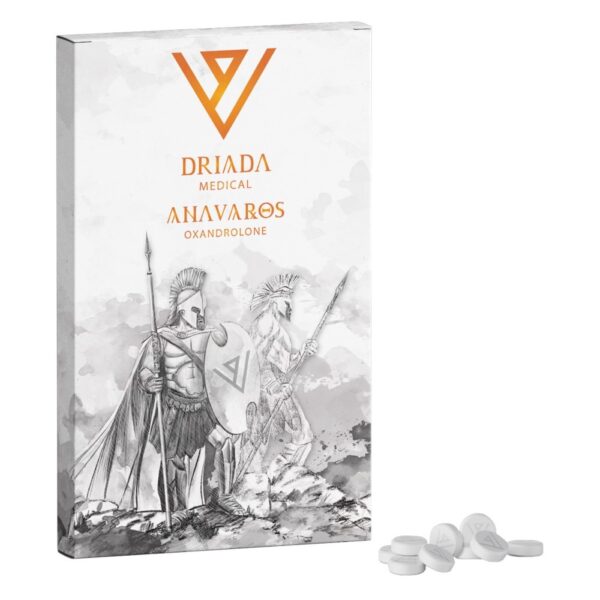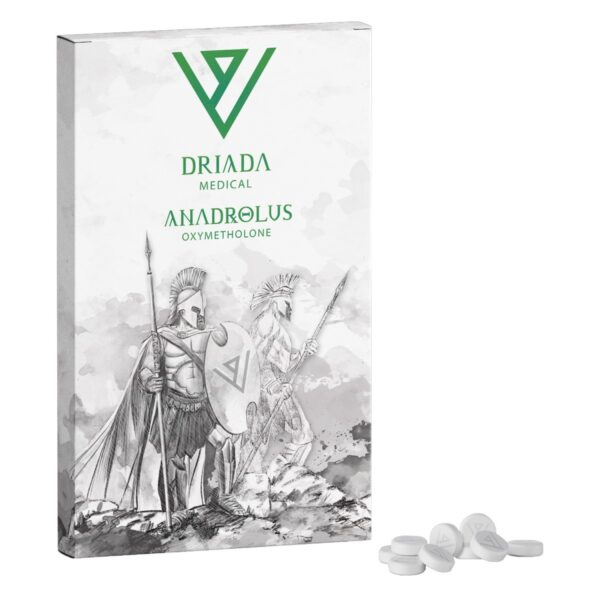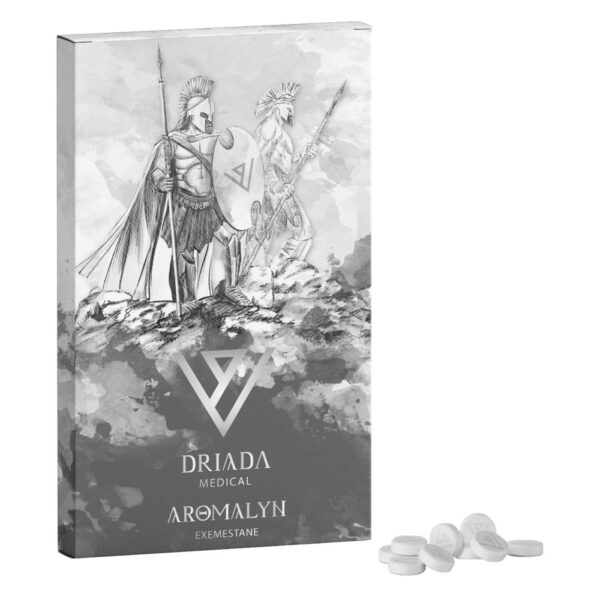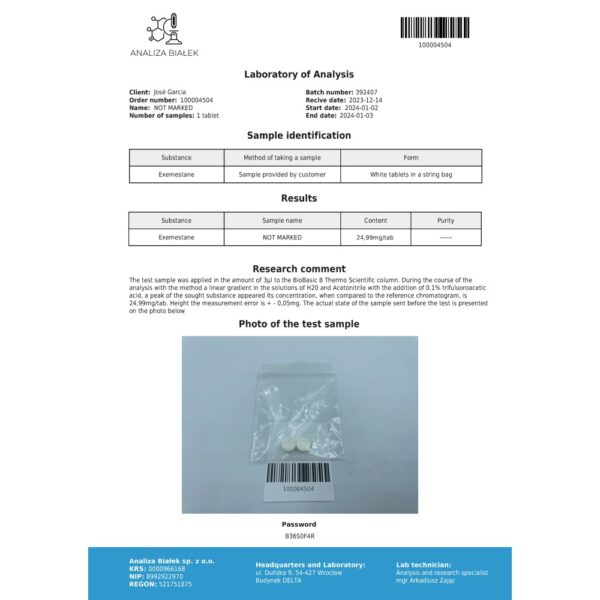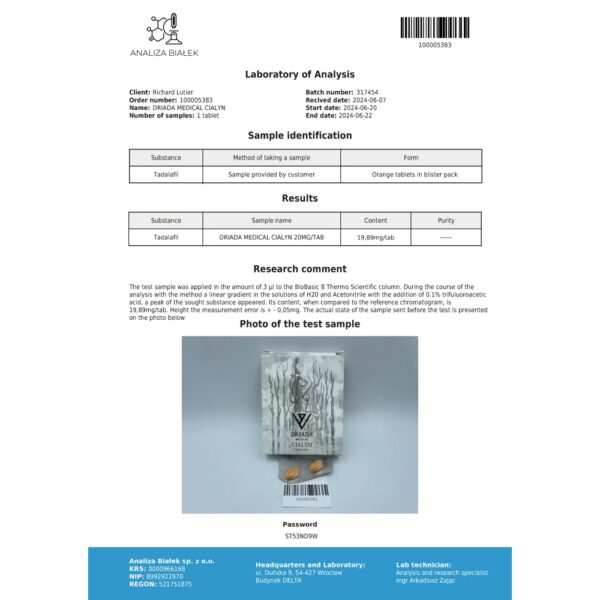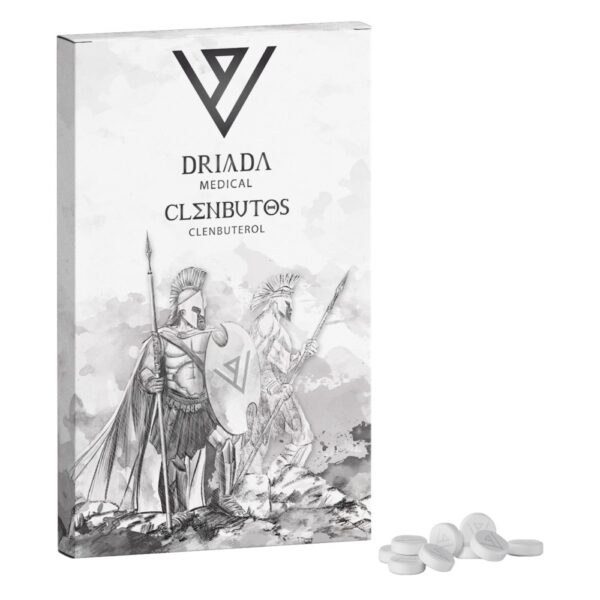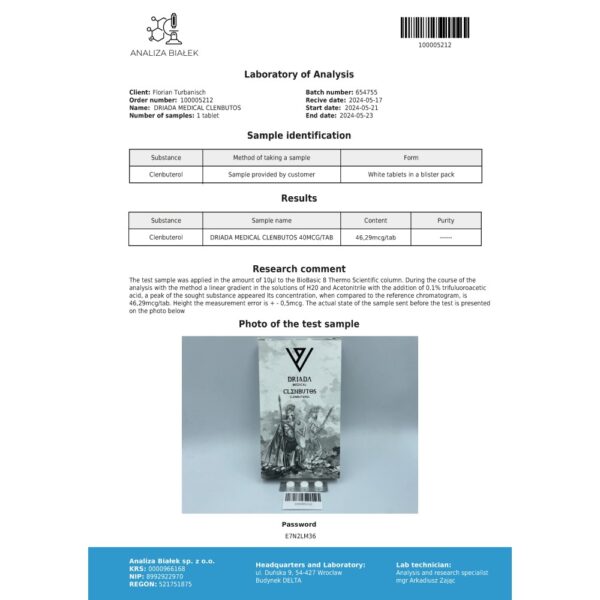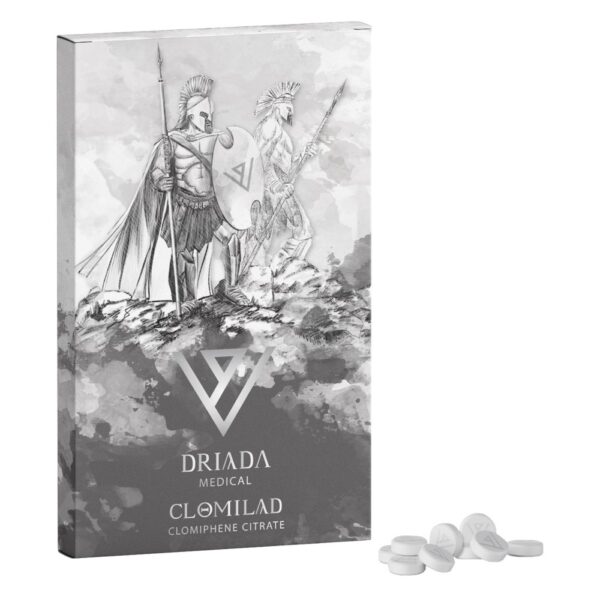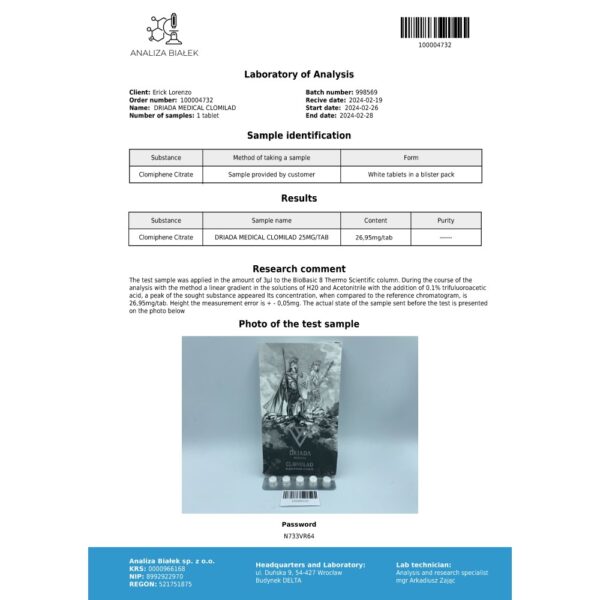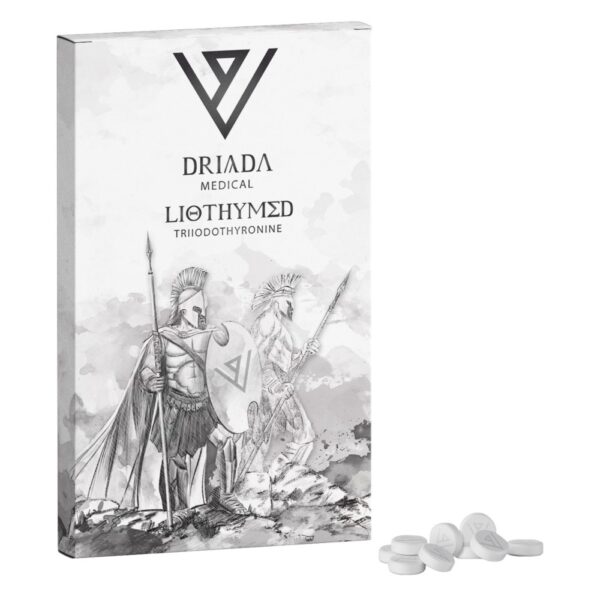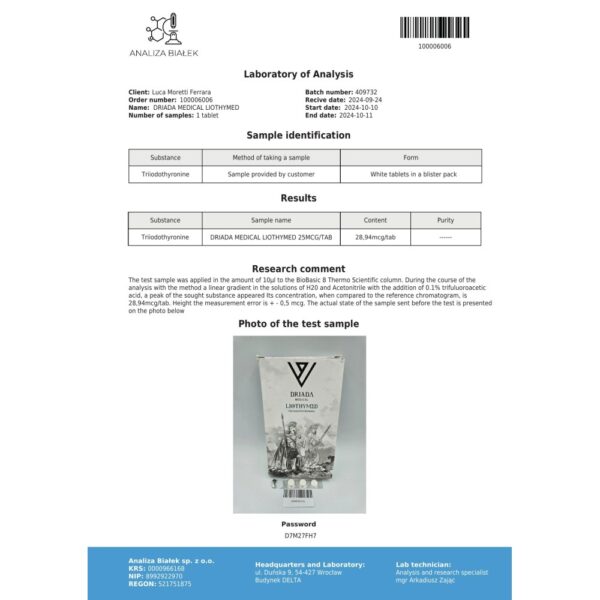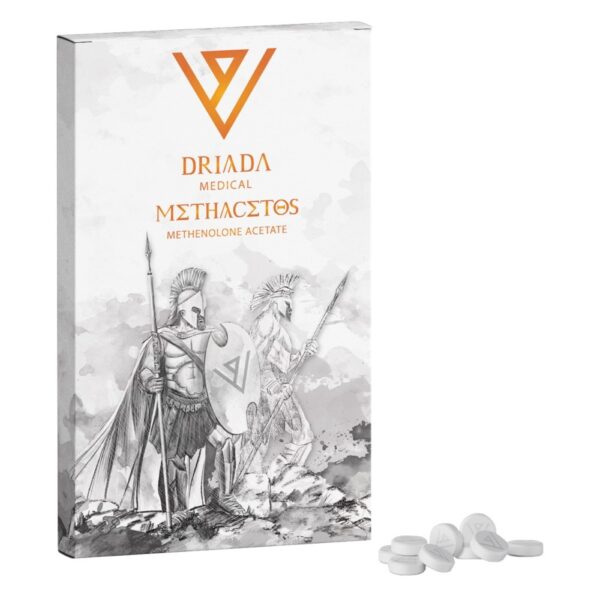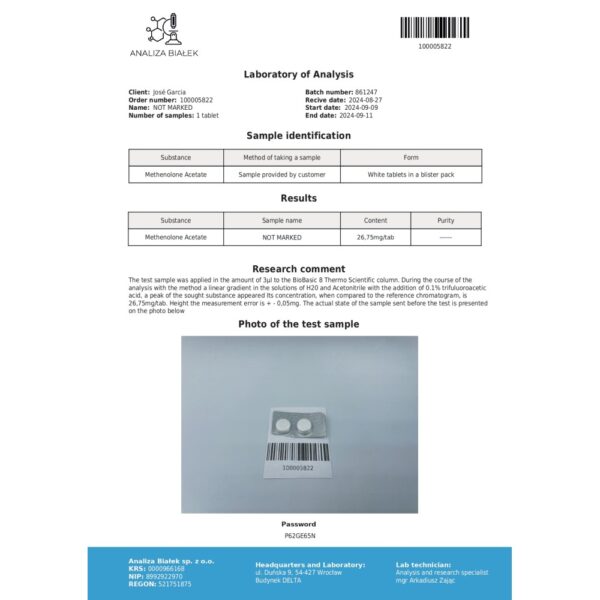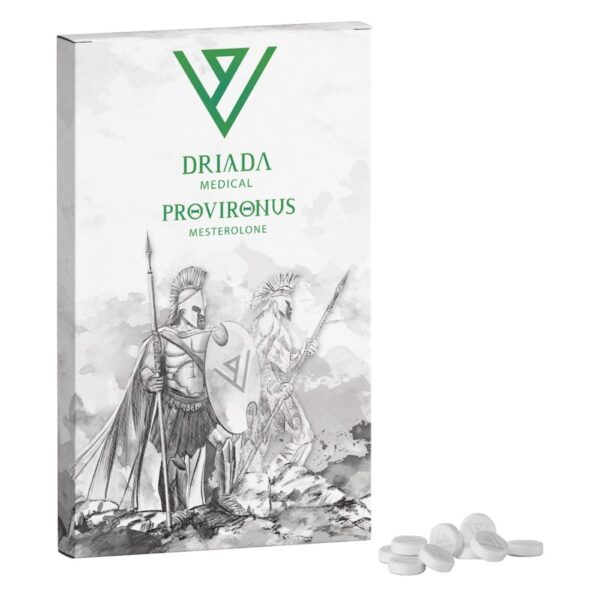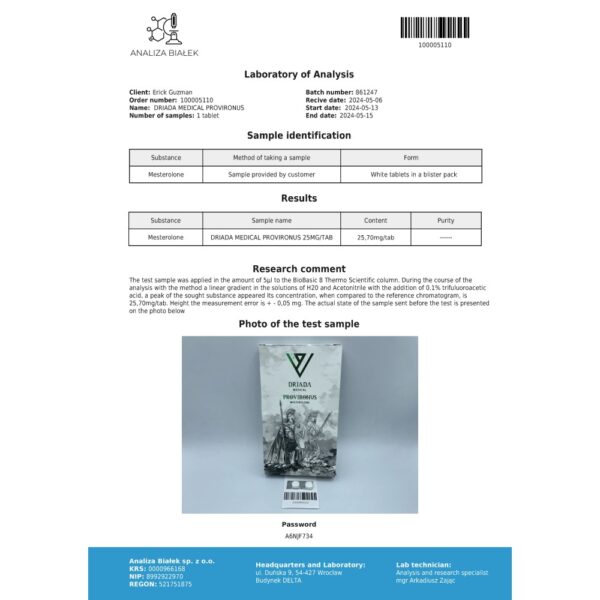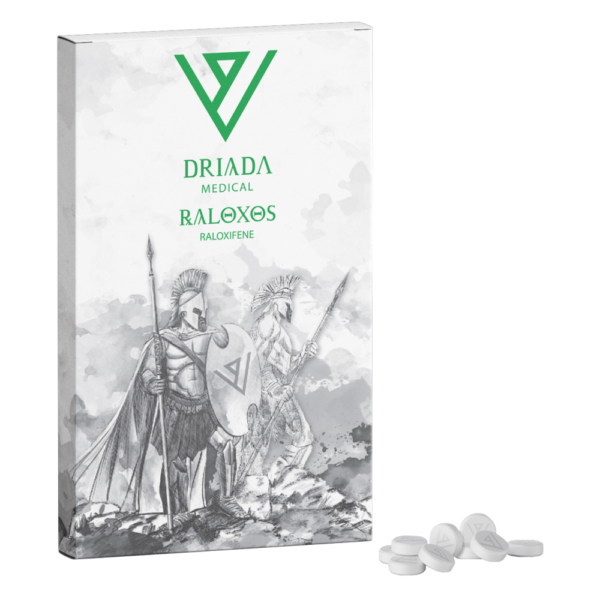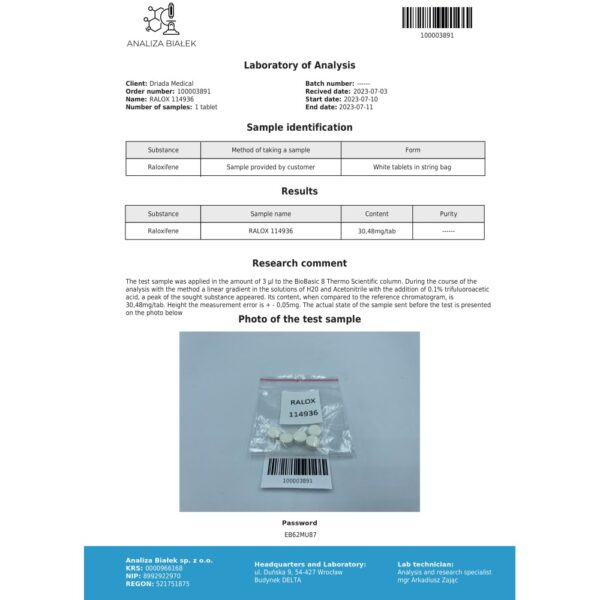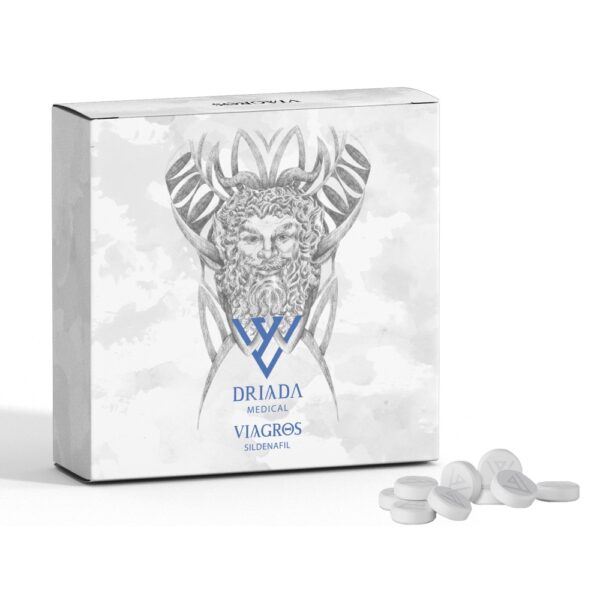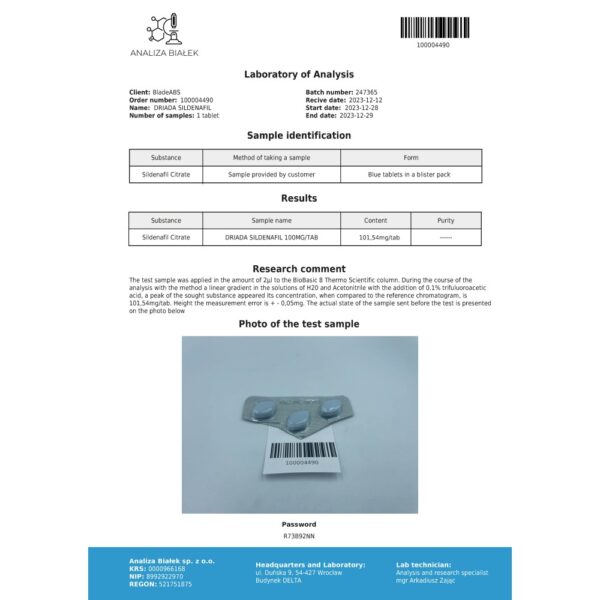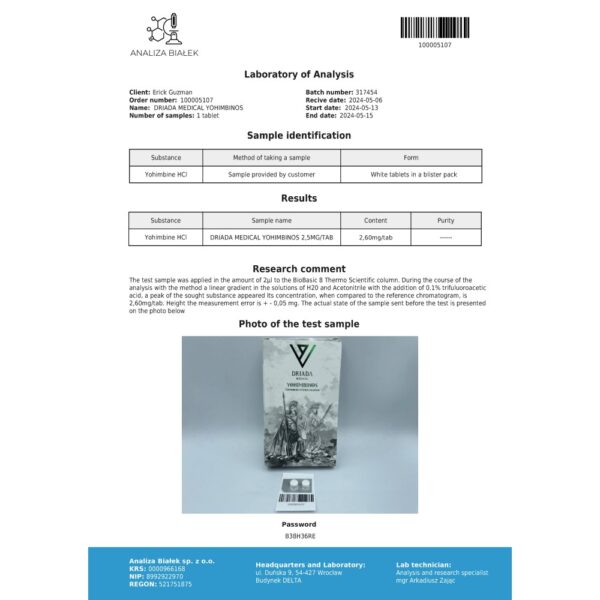Active ingredient: Isotretinoin
Type: A drug for the treatment of acne. Retinoid
Form: Oral (pills)
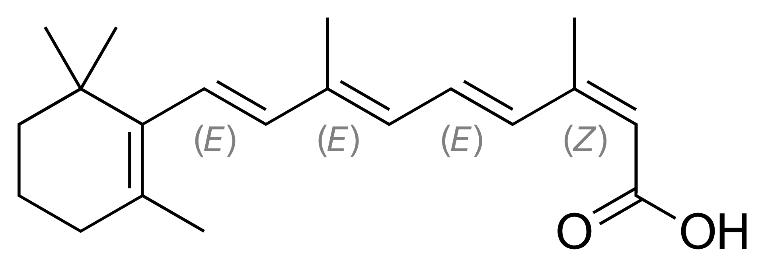 Accutadyn (Isotretinoin) is a potent oral retinoid. If we consider the ingredient from a chemical point of view, it’s a derivative of vitamin A. The component was primarily developed for treating skin problems. It’s highly popular in skincare due to its effectiveness in treating severe, recalcitrant nodulocystic acne. The component was developed in the late 20th century and revolutionized the skincare industry. It became an effective product for coping with severe acne problems when other treatments had failed. The product was first approved by the U.S. Food and Drug Administration (FDA) in 1982 under the brand name Accutane. Since then, the product has become the main weapon in dermatological practice, particularly for patients suffering from severe acne that poses a risk of permanent scarring or psychological distress.
Accutadyn (Isotretinoin) is a potent oral retinoid. If we consider the ingredient from a chemical point of view, it’s a derivative of vitamin A. The component was primarily developed for treating skin problems. It’s highly popular in skincare due to its effectiveness in treating severe, recalcitrant nodulocystic acne. The component was developed in the late 20th century and revolutionized the skincare industry. It became an effective product for coping with severe acne problems when other treatments had failed. The product was first approved by the U.S. Food and Drug Administration (FDA) in 1982 under the brand name Accutane. Since then, the product has become the main weapon in dermatological practice, particularly for patients suffering from severe acne that poses a risk of permanent scarring or psychological distress.The treatment demonstrates its high efficiency in treating acne due to its ability to reduce sebum production, which comes as the key factor for acne appearance. By targeting and affecting the sebaceous glands, Isotretinoin effectively reduces the oiliness of the skin. That is, the treatment prevents the creation of a favorable breed for acne-causing bacteria Propionibacterium acnes to thrive. The normalization of sebum production helps prevent the formation of comedones, which come as precursors to more severe skin problems, such as nodules and cysts. Besides its direct effect on the skin, the product possesses anti-inflammatory properties, which reduce the pace of bacterial growth.
Besides its dermatological applications, Isotretinoin has gained attention for its medical use. The component is used in such fields as oncology and neurology due to its influence on cellular differentiation and apoptosis. Although nowadays, these spheres of application remain experimental, they prove that the ingredient boasts powerful and broad-spectrum biological effects and can be used in diverse fields. In recent years, some non-medical applications have also emerged. In particular, the product is used by bodybuilders for treating acne caused by anabolic steroid use. However, this strategy is controversial and carries significant health risks.
Although the product has a wide list of benefits, its application is accompanied by certain risks due to its teratogenicity and the possibility of severe adverse effects. Thus, consumers should stick to a stringent risk management program. It includes passing tests for pregnancy for women of childbearing potential and ongoing monitoring of liver function and lipid levels. Taking into account this scenario, the medication is typically appointed to patients with the most severe forms of acne when other treatment strategies turn out to be ineffective. Thus, it’s vital to ensure that the benefits of therapy outweigh the risks.
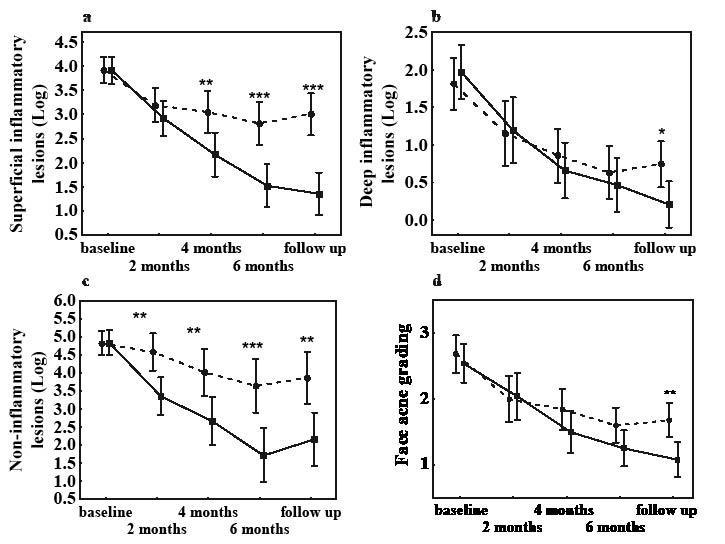 Here, you can see changes occurring in patients during the continuous use of the drug. A detailed comparison of the effectiveness of Isotretinoin (ISO) and tetracycline/adapalene (TET/ADA) in reducing different types of acne is reflected in graphs. Different types of acne problems were analyzed: superficial inflammatory, deep inflammatory, and non-inflammatory lesions. The last picture shows overall face acne grading. Isotretinoin demonstrated the highest effectiveness during tests when compared to other products. The most visible difference between results was observed for superficial inflammatory and non-inflammatory acne. As data shows, patients who passed a therapy cycle experienced fewer lesions overall. It proves the fact that Isotretinoin provides a more comprehensive and long-lasting improvement in acne symptoms than the antibiotic/retinoid combination. Moreover, there was no correlation between patients’ age or acne duration and the clinical response, which means that the ingredient is equally effective across different patient demographics.
Here, you can see changes occurring in patients during the continuous use of the drug. A detailed comparison of the effectiveness of Isotretinoin (ISO) and tetracycline/adapalene (TET/ADA) in reducing different types of acne is reflected in graphs. Different types of acne problems were analyzed: superficial inflammatory, deep inflammatory, and non-inflammatory lesions. The last picture shows overall face acne grading. Isotretinoin demonstrated the highest effectiveness during tests when compared to other products. The most visible difference between results was observed for superficial inflammatory and non-inflammatory acne. As data shows, patients who passed a therapy cycle experienced fewer lesions overall. It proves the fact that Isotretinoin provides a more comprehensive and long-lasting improvement in acne symptoms than the antibiotic/retinoid combination. Moreover, there was no correlation between patients’ age or acne duration and the clinical response, which means that the ingredient is equally effective across different patient demographics.
Primary Effects and Benefits
The main therapeutic benefit of Isotretinoin lies in its ability to achieve long-term remission of severe acne. This condition can significantly affect a person’s quality of life, so solving the problem can help patients enjoy their lives. The drug targets several key processes involved in acne development:
- Reduction in sebum production. Sebum is an oily substance produced by the sebaceous glands. It plays a crucial role in acne emergence and development. Excessive sebum production leads to the clogging of hair follicles, creating a favorable environment for the growth of Propionibacterium acnes. Isotretinoin reduces sebum production sharply by shrinking the sebaceous glands and suppressing their activity. As research shows, the level of sebum can be reduced by 90%.
- Normalization of follicular keratinization. Skill cell shedding is a normal biological process. However, by accumulating such cells, they clog pores, forming comedones and creating the perfect breed for bacterial growth. Isotretinoin helps normalize the process of keratinization, reducing the formation of microcomedones and preventing the development of more severe acne lesions.
- Anti-inflammatory effects. The ingredient also possesses strong anti-inflammatory effects. Its action allows for reducing the levels of pro-inflammatory cytokines such as IL-1 and IL-8, which are involved in the inflammatory response. This effect helps reduce skin redness, swelling, and pain.
- Long-term remission. The ability to cause long-term remission is one of the key benefits of Isotretinoin. Studies showed that a significant percentage of patients experience a complete or near-complete clearance of acne after a single course of treatment. Moreover, the remission phase lasted for many years afterward.
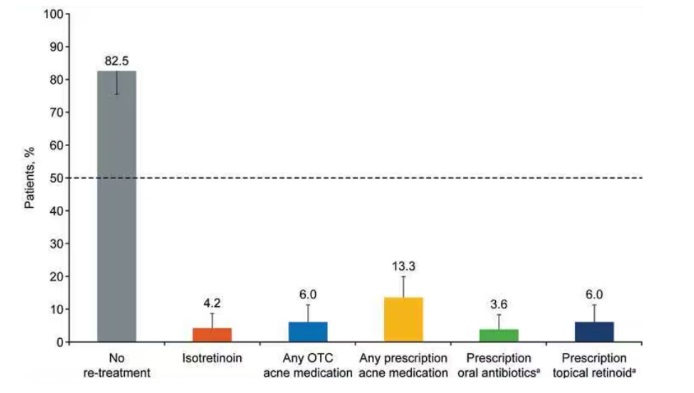
On the picture, you can see the relapse rates of acne in patients following a 20-week treatment with Isotretinoin. This figure helps judge the effectiveness of the drug in the long run. As data shows, the majority of patients experienced clear skin and managed to maintain the result for many years, while a small percentage of testees needed retreatment. In most cases, prescription medications were appointed for post-treatment therapy. A low percentage of retreatment proves a high efficiency of the medication for long-term remission.
If we consider the use of Isotretinoin tablets in the context of bodybuilding, it’s worth saying that most anabolic steroids tend to cause acne-related problems. Thus, the use of Isotretinoin is justified since it helps manage this problem. However, remember that off-label use carries potential risks so consumers should always evaluate the potential benefits and side effects first.
Mechanism of Action
Isotretinoin features a complex mechanism of action. The process consists of several pathways that promote its therapeutic effects in acne treatment:
- Retinoid receptor activation. The ingredient acts through interaction with nuclear retinoic acid receptors (RARs) and retinoid X receptors (RXRs). These receptors function as transcription factors that regulate the expression of genes involved in cell differentiation, proliferation, and apoptosis. When the component enters into contact with them, it causes gene expression. This reaction leads to the division of keratinocytes and reduces sebocyte proliferation. As a result, sebum production is decreased and follicular keratinization is normalized.
- Suppression of sebocyte activity. Sebocytes are the cells responsible for sebum production in the sebaceous glands. Isotretinoin helps reduce the size and activity of such cells by suppressing their division. Moreover, the ingredient causes apoptosis (programmed cell death), which allows for controlling cell growth. Such a reduction in sebocyte activity leads to a visible decrease in sebum production, meaning that the acne-affected area will be smaller. Additionally, Isotretinoin downregulates androgen receptors on sebocytes, further decreasing their sensitivity to androgens, which also leads to reduced sebum production.
- Normalization of keratinization. Keratinization is the process of the shedding of dead skin cells within the hair follicle. When acne affects the skin, this process is dysregulated, which results in comedone formation. The ingredient allows for normalizing the keratinization process by promoting the differentiation of keratinocytes and reducing hyperproliferation within the follicle. This effect is beneficial in preventing the formation of microcomedones, which usually come as the precursors to more severe acne lesions.
- Anti-inflammatory effects. The drug reduces the production of pro-inflammatory cytokines and chemokines, which causes an anti-inflammatory effect. The component suppresses the production of IL-1 and IL-8, which comes as key mediators in the inflammatory response. Moreover, the medication reduces the chemotactic response of neutrophils. These are immune cells that promote inflammation in acne lesions. Inflammation reduction helps decrease the redness, swelling, and pain associated with severe acne.
- Influence on the skin microbiome. Although Isotretinoin does not have a direct antibacterial effect, it can impact the skin microbiome indirectly through the creation of an unfavorable environment for acne bacteria growth. For instance, the reduction of sebum production decreases the ability to access lipids used by Propionibacterium acnes as a nutrient source. This feature allows for reducing the pace of bacterial colonization of the epidermis.
- Apoptotic effects. Apoptosis is a process of programmed cell death, which allows for keeping the required number of cells. The drug causes the process in sebocytes and keratinocytes, which provides for reducing sebum production and contributes to the normalization of follicular keratinization. This effect is launched by the activation of the mitochondrial pathway. The release of cytochrome c and the activation of caspases comes as indispensable stages of the process. This feature ensures programmed cell death. The peculiarity is essential for a normal biological process since it regulates the number of cells and their lifetime.
Uses and Applications
Dermatological Applications
- Severe nodulocystic acne. In dermatology, Isotretinoin is usually used to treat this type of acne. Such acne is characterized by large painful cysts and nodules, which can further leave permanent scars. Such acne is usually highly resistant to traditional treatments, including oral antibiotics and topical retinoids. Thus, this medication comes as a worthy alternative for patients who suffer from this condition. Its ability to reduce sebum production, normalize keratinization, and eliminate inflammation makes the drug highly effective in reducing the severity and frequency of acne lesions.
- Moderate to severe acne resistant to other treatments. The drug is prescribed when conventional treatment strategies are not effective. For instance, if acne does not react to topical retinoids, benzoyl peroxide, or oral antibiotics, dermatologists tend to appoint Isotretinoin. Moreover, the drug is especially effective for patients who face frequent relapses after the completion of a treatment course. In this case, the medication guarantees long-term remission.
- Other dermatological conditions. Although Isotretinoin is mainly targeted at treating acne, it can still be applied to other dermatological conditions. These include severe forms of rosacea, seborrheic dermatitis, and hidradenitis suppurativa. In such cases, the drug is beneficial due to its ability to reduce sebaceous gland activity and modulate inflammatory responses. Still, note that the use of the medication for such conditions is rare. Specialists turn to it as the last resort for severe or refractory cases.
Non-Dermatological and Experimental Applications
- Oncology. The ability of the drug to affect and control cell division and death hinted scientists to research the medication for its impact on different types of cancer. Particular attention was paid to skin cancer, such as squamous cell carcinoma. Retinoids showed anti-tumor effects in preclinical studies, while Isotretinoin demonstrated a positive influence on neuroblastoma. However, note that the application of the medication for cancer treatment is still experimental.
- Neurological conditions. Some scientists studied the efficiency of the ingredient in treating neurological conditions such as schizophrenia and bipolar disorder. The research was conducted because the drug influences the central nervous system, where retinoic acid plays a role in neurodevelopment and plasticity. However, the use of the medication for such purposes is still doubtful due to its potential neuropsychiatric side effects, including depression and suicidal ideation.
On the figure, you can see how Isotretinoin and antibiotics affect symptoms of depression. The level of depression was measured using the 21-item Hamilton Depression Rating Scale, and the results are plotted over a 4-month period. As you can see, the depression level remained relatively stable over the first three months, with a slight increase observed during the 4th month.
Off-Label Use in Bodybuilding
If we consider the use of Isotretinoin capsules in the bodybuilding community, note that it can be used off-label to cope with acne that appears as a consequence of anabolic steroid consumption. Steroid-caused acne is usually resistant to traditional treatment strategies since androgen causes an increased pace of sebum production. The ability of the medication to normalize this process helps eliminate the side effects of taking steroids. However, note that this therapy is risky since blending Isotretinoin with steroids can increase hepatotoxicity and lipid abnormalities, which harms health. So, you should always assess both benefits and risks when selecting this product for off-label application.
Dosage
- Initial low dose. Most users start therapy with a low dosage of 10–20 mg/day. This dosage is enough to evaluate the effect of the component, adjust a further dosage, and monitor potential side effects. Many users report that this dosage is enough to cope with acne symptoms and solve the problem. This dosage is enough for mild forms of acne and patients with sensitivity to the ingredient.
- Typical dosage. 0.5 to 1 mg/kg/day.
- Administration. Patients usually divide a daily dosage into 2 intakes. To enhance better absorption, users should take Isotretinoin pills with food.
- Dose adjustments. If you experience severe or resistant cases, it’s possible to increase a daily dosage to 2 mg/kg/day. Adjustments are made, based on the patient’s response to treatment.
- Administration guidelines. Always take Isotretinoin with meals, as this improves its absorption. Taking tablets on an empty stomach reduces their effectiveness.
- Standard treatment duration. The typical course of treatment lasts for 4–6 months.
- Extension of treatment. In some cases, the treatment course can be extended if the desired result hasn’t been achieved. However, this decision is taken after the study of body examination results, based on the patient’s health indicators.
- Considerations for retreatment. Sometimes, acne appears again after remission. So, retreatment is required. In this case, it’s necessary to develop treatment therapy, based on the individual health conditions of the patient.
Precautions
Teratogenicity
- The medication is strictly contraindicated during pregnancy as it can cause severe birth defects.
- If you use contraception, make sure to stick to 2 obligatory rules:
- begin one month before starting treatment;
- continue during treatment and for at least one month after stopping taking the drug.
- Since the medication is dangerous for the fetus, it’s necessary to monitor pregnancy throughout the treatment course. Make sure to do regular tests before, during, and after treatment.
Liver and Lipid Monitoring
- Liver function. Drug consumers must pass regular liver function tests (LFTs) to ensure the proper functioning of the liver.
- Lipid levels. Monitor triglycerides and cholesterol regularly, as Isotretinoin can cause increases.
Mental Health Monitoring
- Neuropsychiatric effects. The ingredient can cause the emergence of depression or suicidal thoughts.
- History of mental health issues. When appointing the drug, specialists should pay particular attention to patients with previous mental health conditions.
Drug Interactions
Avoid Vitamin A supplements since the component raises the risk of vitamin A toxicity due to cumulative effects.
Side Effects
- Cheilitis and dry, chapped lips.
- Xerosis and dry skin (very common).
- Conjunctivitis with dry eyes.
- Hypertriglyceridemia (elevated triglyceride levels in the blood).
- Hypercholesterolemia (elevated cholesterol levels).
- Hepatotoxicity (elevated liver enzymes, which lead to potential liver damage).
- Myalgia with muscle pain.
- Arthralgia with joint pain.
- Back pain (common musculoskeletal complaint).
- Decreased night vision (patients report difficulty seeing in low light).
- Visual disturbances (general changes in vision).
- From mild to severe headaches.
- Fatigue (general tiredness and lack of energy).
- Photosensitivity (increased sensitivity to sunlight and a higher risk of sunburn).
- Rash.
- Pruritus (skin itching).
- Epistaxis (nosebleeds due to drying of the nasal mucosa).
- Hair thinning or loss.
- Depression (mood changes and potential for depressive symptoms).
- Anxiety.
- Suicidal ideation (rare but deserves due control).
- Inflammatory bowel disease.
- Pancreatitis (it occurs in rare cases, linked to hypertriglyceridemia).
- Premature epiphyseal closure (risk in adolescents since it affects bone growth).
- Bone pain (discomfort in bones, particularly in young patients).
- Paronychia (inflammation of the nail folds).
- Nail dystrophy (changes in the shape, color, or texture of the nails).
- Photosensitivity reactions (skin reactions to sunlight).
- Increased risk of infection (due to dryness and cracking of skin and mucous membranes).
- Hearing loss (very rare, but reported cases of tinnitus or hearing impairment).
- Thinning of the mucous membranes (including those of the mouth, nose, and throat).
Storage
- Keep away from children.
- Keep in a cool, dry place, away from direct sunlight.
- Store at room temperature.
- Do not use it after the expiry date.
FAQ
Is Accutane and Isotretinoin the same thing?
Isotretinoin is the active ingredient of Accutane.
Why do dermatologists push Isotretinoin?
Isotretinoin is a highly effective treatment for different forms of acne.
Does Accutadyn make you gain weight?
No, the drug does not cause increased appetite or other side effects that would affect weight gain.
More you can find on our website: https://driada-medical.shop





